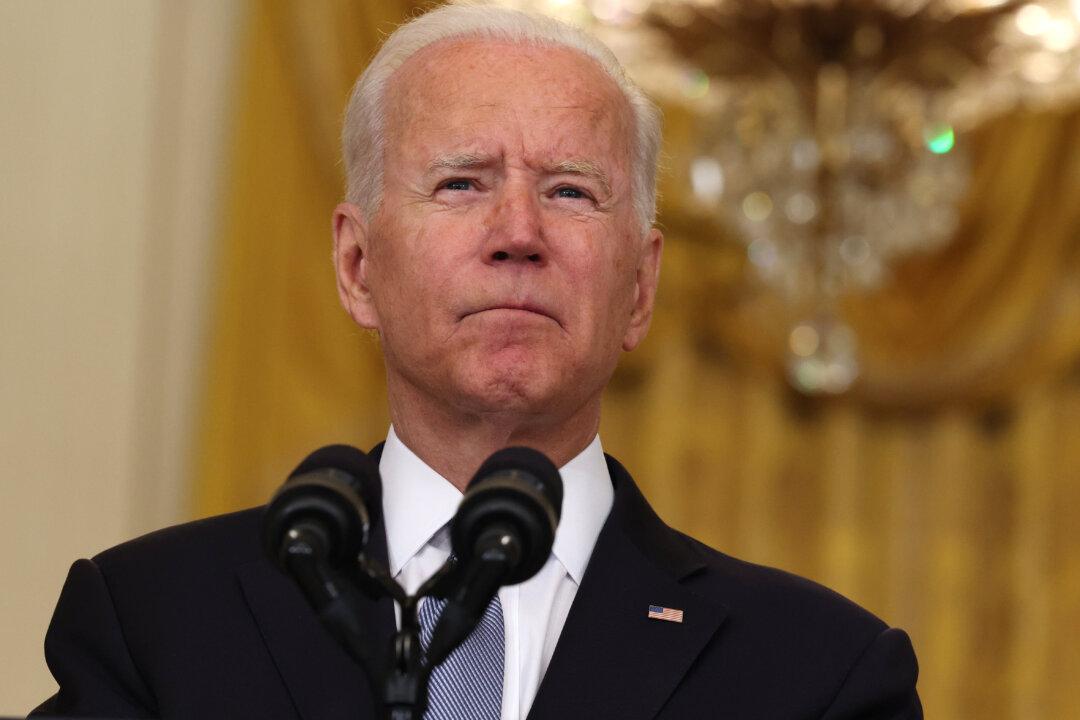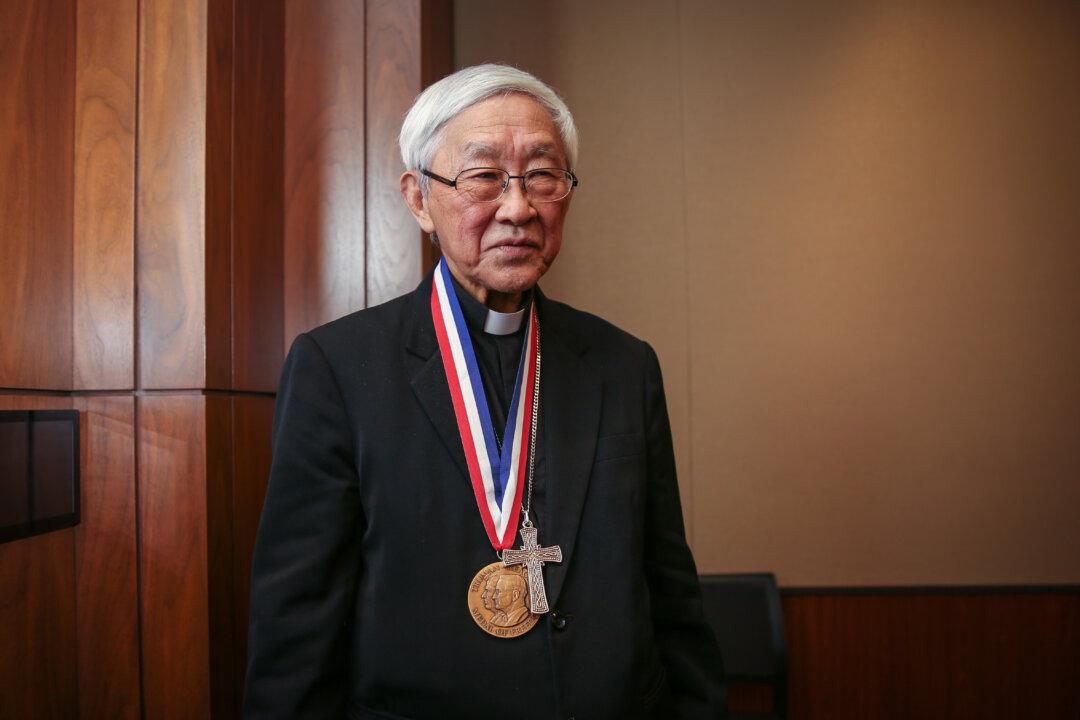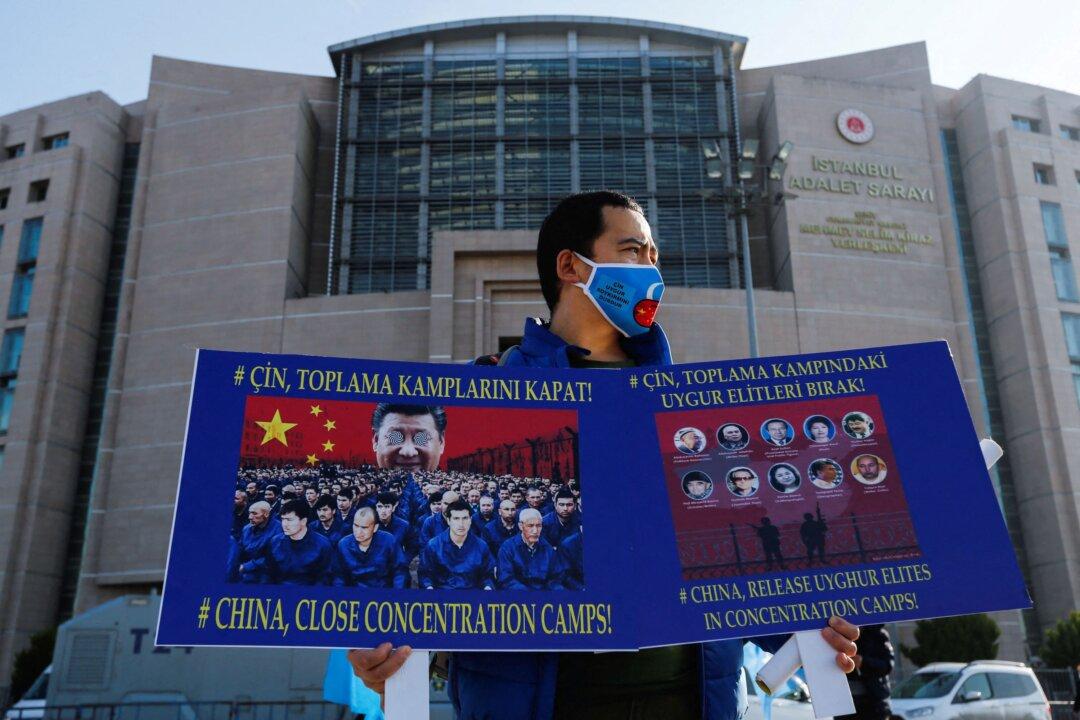Commentary
In last Monday’s speech on Afghanistan, President Biden made the claim, “I have been clear that human rights must be the center of our foreign policy, not the periphery.” He is right that basic human rights are central to America’s foreign policy, as a matter of law and core national values. This is in stark contrast to the CCP (the Chinese Communist Party), which has taken a recent interest in supporting the Taliban. Biden must lead in standing up for the rights of all Afghans, especially those in imminent peril.





